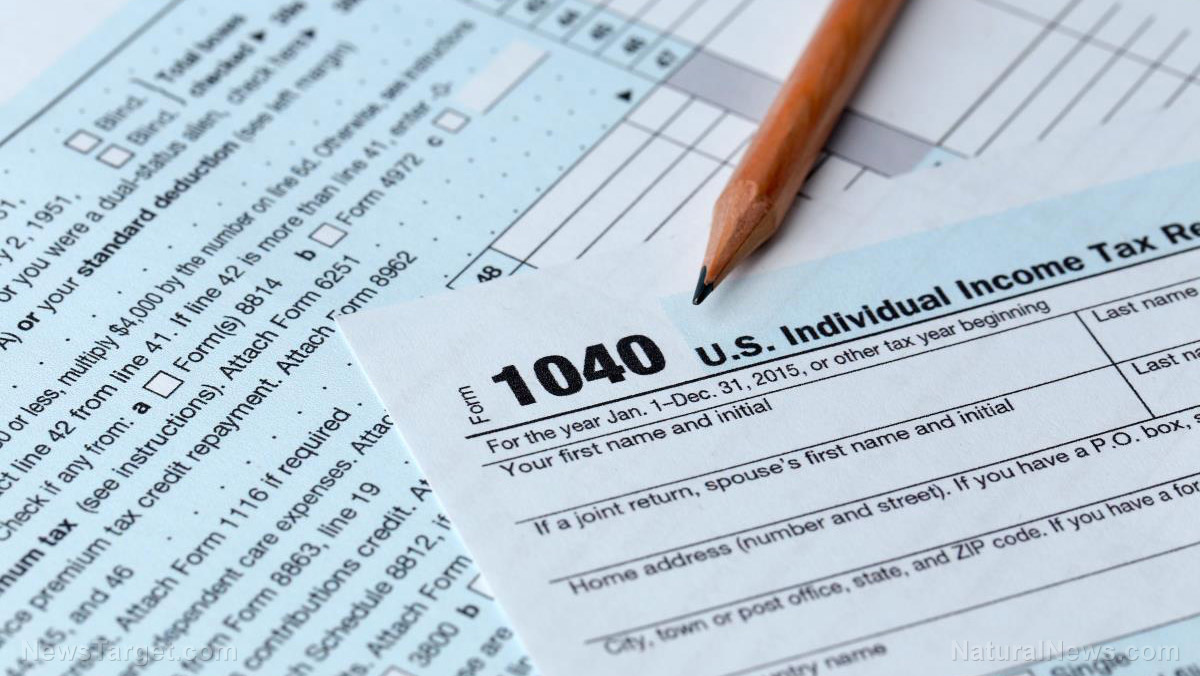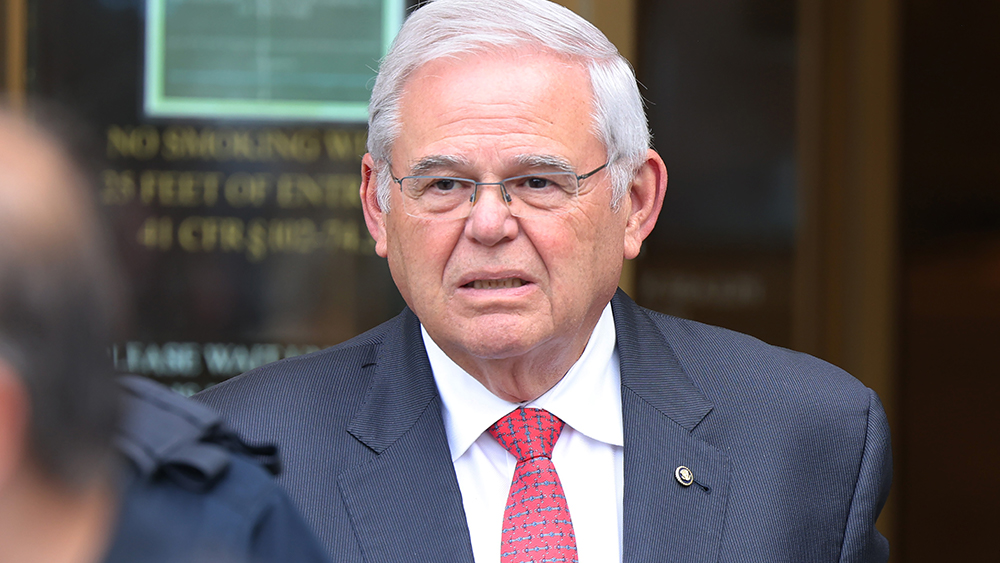Your private financial records are not safe with the IRS or any government agency, Trump tax leak reveals
07/18/2024 / By Cassie B.

All Americans know that giving out your social security number is a big security risk, and most of us would like to think that the Internal Revenue Service (IRS) and other agencies that use this number protect it and other personal information at all costs. However, the man who leaked former president Donald Trump’s tax returns to the media, Charles Littlejohn, warned that it was quite easy for him to access the tax returns of all Americans in his role as a contractor for the IRS.
The 38-year-old pleaded guilty in October to one count of unauthorized disclosures of income tax returns; his plea agreement admitted to stealing not only the returns of Trump but also the tax data of “thousands of the nation’s wealthiest people.” He was also behind the leaks of tax records from Jeff Bezos and Elon Musk to ProPublica. He was sentenced to five years behind bars.
Littlejohn was able to access this information while working for a consulting firm that contracted with the IRS, Booz Allen Hamilton. He had an IRS-issued laptop and email address and boasted of being able to retrieve the tax returns of every American with ease.
In a deposition, he admitted taking the returns of 7,500 affluent individuals, saying “I was able to access tax returns at will.” The Department of Justice told the judge in the case that he took that particular job with the express intention of being able to gain access to Trump’s tax returns. He leaked the tax returns to two media outlets and then took steps to cover his tracks, but he was eventually caught.
The IRS sent notification letters to his victims informing them of the illegal access. The notices were sent to thousands of businesses and individuals letting them know what he did and what their rights are as victims.
He claimed that he “acted out of a sincere but misguided belief that I was serving the public” and said he wanted the public to know just how easily wealthy people can avoid taxes.
According to prosecutors, he exploited loopholes in the system to obtain the records undetected, including downloading the data to an iPod and then uploading it to a private website.
Judge Ana Reyes called his actions “a threat to our democracy,” stating: “What you did in attacking the sitting president of the United States was an attack on our constitutional democracy. We’re talking about someone who … pulled off the biggest heist in IRS history.”
How many times are your tax records accessed without authorization?
According to the U.S. Government Accountability Office, there are weaknesses in the information security controls used by the IRS that pose a risk to taxpayer information, particularly when it comes to contractors. They have made 451 recommendations for strengthening safeguards for taxpayers’ information since 2010, and many of them have yet to be implemented, including some that they consider high priority. They also cited unauthorized access and disclosure by employees of the IRS and cyberthreats as two major threats to taxpayer data security.
The Trump leak was highly publicized, and it’s not surprising that an investigation was carried out that went to great lengths to uncover the perpetrator; Littlejohn himself admitted that he expected to eventually face the consequences of his actions. But what about all the other government contractors and agency workers who have access to the tax records of ordinary Americans and could well be accessing them every day without us knowing?
Sources for this article include:
Submit a correction >>
Tagged Under:
big government, computing, conspiracy, cyberwar, dangerous, data breach, data security, Donald Trump, finance riot, glitch, information technology, insanity, IRS, money supply, national security, outrage, privacy watch, tax records, tax returns, traitors, treason, truth
This article may contain statements that reflect the opinion of the author
RECENT NEWS & ARTICLES
COPYRIGHT © 2022 FinanceRiot.com
All content posted on this site is protected under Free Speech. FinanceRiot.com is not responsible for content written by contributing authors. The information on this site is provided for educational and entertainment purposes only. It is not intended as a substitute for professional advice of any kind. FinanceRiot.com assumes no responsibility for the use or misuse of this material. All trademarks, registered trademarks and service marks mentioned on this site are the property of their respective owners.




















